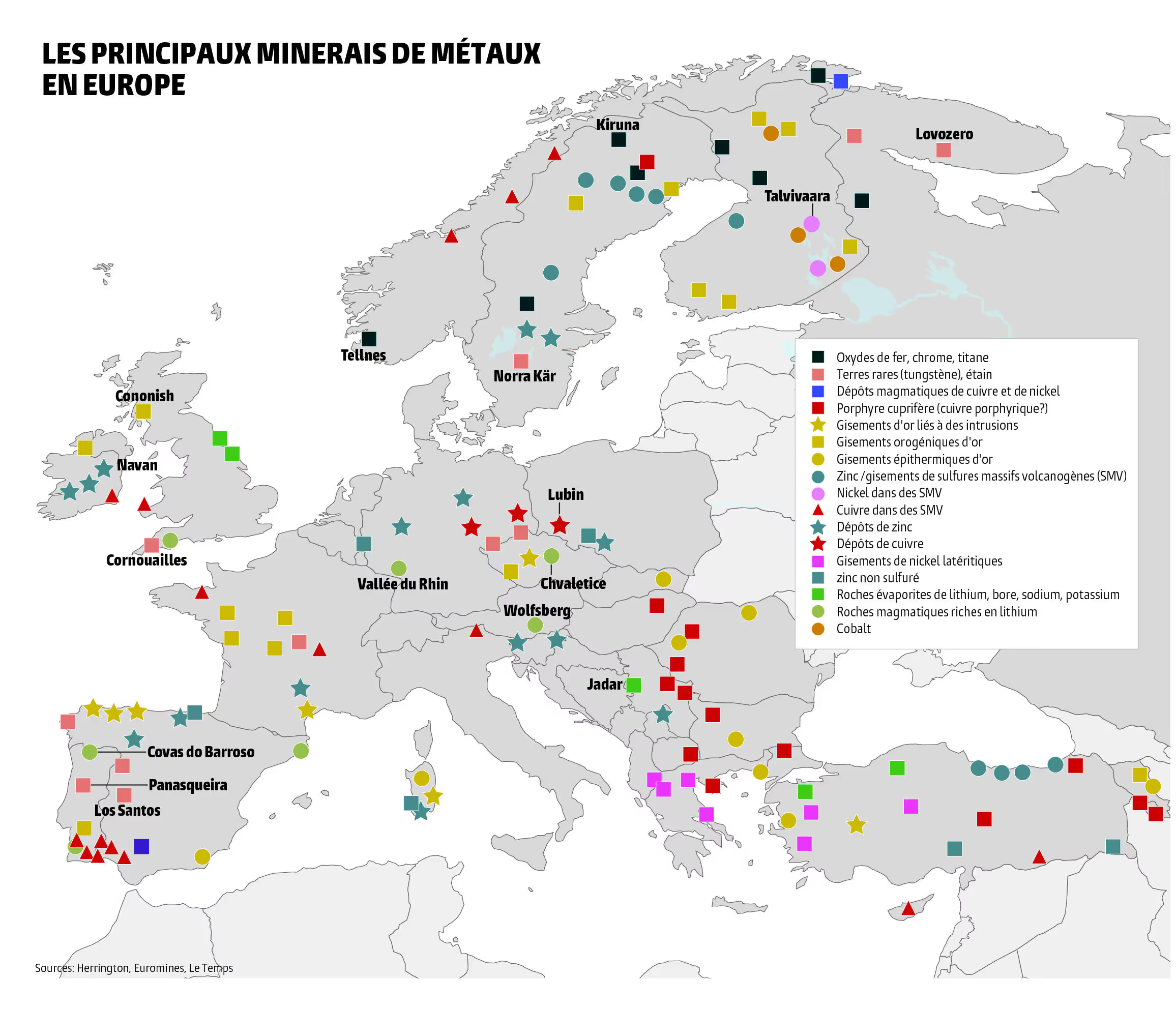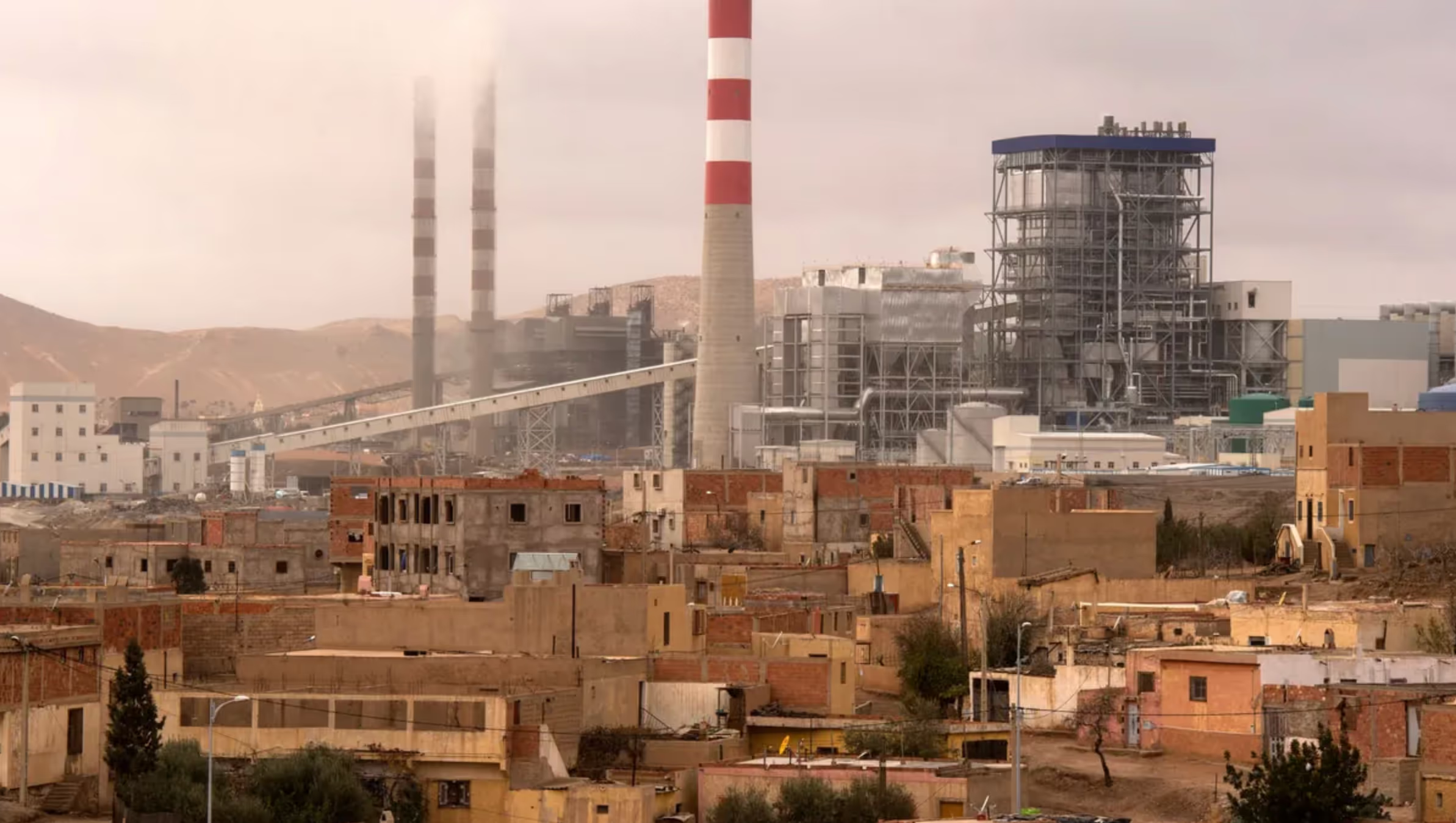Starting from a false premise, this cliché nevertheless succeeds in reaching a conclusion. practically fair. Indeed, pointing the finger at a certain intolerance does not betray a desire to put an end to the technological system, but only to change it. in good. The problem is therefore not so much this cliché in itself as the ideology that supports it, because the ideology that supports it, in reality, only leads activists to do a service to the technological system. Yes, this system is intolerant, but the intolerance we are talking about is certainly not what you think it is.
I — A flawed premise
The meaning of this cliché being that this intolerance concerns ethnic and sexual minorities, let us first ask the question that will unravel the flawed reasoning behind it: what is the point of the technological system? To answer it, let's proceed in the negative, and determine where its interest is not.
a) The system has no interest in reducing the scope of its influence by excluding individuals or groups.. On a strict economic level, excluding people based on social or ethnic background would be tantamount to alienating potential support. However, for those who want to do business, the best thing is to increase their clientele even more, with all the hypocrisy that this implies.
“If, for example, the status of homosexuals has evolved in a positive way in recent decades, it is not only because all discrimination in hiring and selling is counterproductive from a strictly capitalist point of view, but above all because homosexuals from the middle and upper classes consume more than average and are, in fact, fashion prescribers themselves, recognized as such. There is therefore no doubt that the gay homosexual has indeed been fully liberated as a consumer or as an icon of fashion and the celebrity universe (the success of Gay Pride — this annual high mass of entertainment and trendy consumption — proves this sufficiently). But — as Pasolini clearly saw — this does not mean that he was genuinely admitted and recognized as a human being (as he could finally be in a decent society). There are also golden ghettos1.”
In terms of integration into the techno-industrial system, the most appropriate position is to further reduce the contested portion of a society. To achieve this, it is enough to include the contesting elements, in particular to offer them a material attachment to the system, in order to keep possible disturbances under control. In this sense, leaving university positions, ministerial posts, media outlets, etc., to the alleged enemies of the system makes it possible to buy their membership. Conversely, exclusion would only increase the level of contestation and the risk of revolution even more.
b) A bad reputation is an obstacle to the overall development of the system.. Now we need to take a detour through theory. The concept of a self-propagating system (SAP), put forward by Theodore Kaczynski, “refers to a system that tends to promote its own survival and its own propagation. A system can spread in one or both of the following ways: it can increase its size and/or power indefinitely, or it can give rise to new systems with some of its attributes.2 ”. Concretely, SAPs are “nations, businesses, unions, unions, churches and political parties, as well as groups lacking clear boundaries and formal organization (schools of thought, social networks, subcultures)”. Thus, Kaczynski states that:
“SAPs with the characteristics best suited to their survival and spread tend to survive and expand better than others.3.”
This concept makes it possible to characterize the fundamental behavior of groups of organisms, for example, in the manner of a perennial wolf pack or a forest that will expand naturally without human intervention. But the concept of SAP also applies to human groups, human organizations. A State or a company will necessarily seek to increase its power in order not to disappear.
However, this concept can also be applied vertically, so that a supersystem can consist of other smaller SAPs. For example: “in hunter-gatherer societies, nuclear families belong to clans, and clans are often organized into tribes. Nuclear families, clans, and tribes are all SAPs. The nuclear family is a subsystem of the clan, the clan is a subsystem of the tribe, the tribe is a supersystem of each of the clans that compose it, which are so many super-systems of the nuclear families that compose them4.”
Let us now consider industrialized states, businesses, distribution and communication networks as sub-SAPs of the grand ensemble known as technological system. In addition to their respective interests, these subsystems must obey the logic of the whole. Any subsystem that is lacking in this mission would therefore become an obstacle to the overall development of the system. A state cannot stay in the race for long if it maintains a reputation for being backward.5. Likewise, any company seeking to improve its reputation in the global public opinion will focus on advertising campaigns. inclusive and will take great care not to make mistakes, always in order to stay in the race.
c) The system has no interest in increasing tensions within it, at the risk of being perceived as unstable and insecure.. Let's continue the previous reasoning here. Every living organism is supposed to ensure its perpetuation and its propagation. Any self-destructive behavior cannot In fine what to bring about his disappearance. Thus, the only divisions that are tolerated are those that do not fundamentally challenge the system. Dividing people on societal issues is much more interesting than polarizing them on crucial issues (first and foremost, the preservation of life on Earth). The issue of intolerance is not aimed at In fine only to arouse sterile and harmless debates. “Divide and conquer”, of course, but within the limits of what will only allow for a partial, and therefore powerless, contestation.
II — The diversion of protest forces towards harmless issues
The best trick of the technological system, its greatest trick, consists in capturing the impulses of rebellion in its favor in order to make itself ever less questionable. Through the social and environmental changes it generates, frustration and a feeling of powerlessness are widely developed. As Kaczynski believes:
“Many people don't know the roots of their frustration, so their rebellion is taking no clear direction. They want to rebel, but they don't know what they're up against. Luckily, the System can provide them with a list of standard grievances against which to rebel: racism, homophobia, the status of women, poverty, sweatshops... the whole range of “activist” demands. A very large number of aspiring rebels are taking the bait. By fighting racism, sexism, etc., etc., etc., etc., they are only working for the System, but still imagine themselves to be rebellious. [...]5 ”
Indeed, as the activist remains the preferred target of conservatives, the illusion that he is harmful to the system is reinforced. However, what are the potential effects of such a commitment to these “standard grievances”? If anti-intolerance activists win their case, and manage to make the system “give way”, they will in fact only make it even more unquestionable. We are not interested in knowing whether these causes are noble or not. The fact is that they are only intended to further increase the integration of individuals into the system. The fight against intolerance is only aimed at reforming it, only at forcing the entire human race into its fold. Ironically, the fight against system faults only leads to its perfection—not its annihilation. But even tolerating, it will nevertheless keep its weapons, and will continue to orchestrate the destruction of our environment and our freedom. For its greatest advantage, the system succeeds in neutralizing revolutionary impulses and reducing them to the rank of simple reformist impulses.
III — The only intolerance concerns nature
The real intolerance of this system is evident at every stage of its evolution. To develop, it must absorb and destroy all forms of naturalness. Thus, our species, biologically constituted for a life in nature, is completely cut off from it. No air, no water, no food, no human societies, that's the account of his robbery.
Because in order to be built, the system had to, and still must, sacrifice to its own glory all the conditions that allow authentic human life. So goodbye to the first peoples, seeing their environments ransacked, their lands increasingly polluted and reduced, their lives disrupted by the irruption of technological machinery. Concreting and deforestation in the Amazon, thaws and maritime pollution harmful to the peoples of the Far North, creation of lithium mines in France or Portugal, etc. the fight is the same everywhere. What is called the Anthropocene, the age of man, is ironically an age of ethnocide.
A life devoid of nature, devoid of the least human diversity, requiring the use of technological leisure to compensate for wasted and servile time, this is the only promise of the technological system. A uniform type of human being, perfectly shaped to withstand environmental stress, through medication and fun, this is his only horizon. What is a flower pot on the balcony of the 7th floor of a building if not a reflection of a fundamental need? What does the intense need for technological distractions reveal if not the absence of vital development? There is no shortage of examples, and we already know them all too well. In reality, there is no justification for saving this system. That is why we cannot afford the luxury of a false vision of intolerance, and why we choose to avoid these harmless struggles from our fight in order to keep only one objective. Efficiency requires this tightening, this primacy of a single goal. Why give priority tomaximum inclusiveness to life on Earth?







